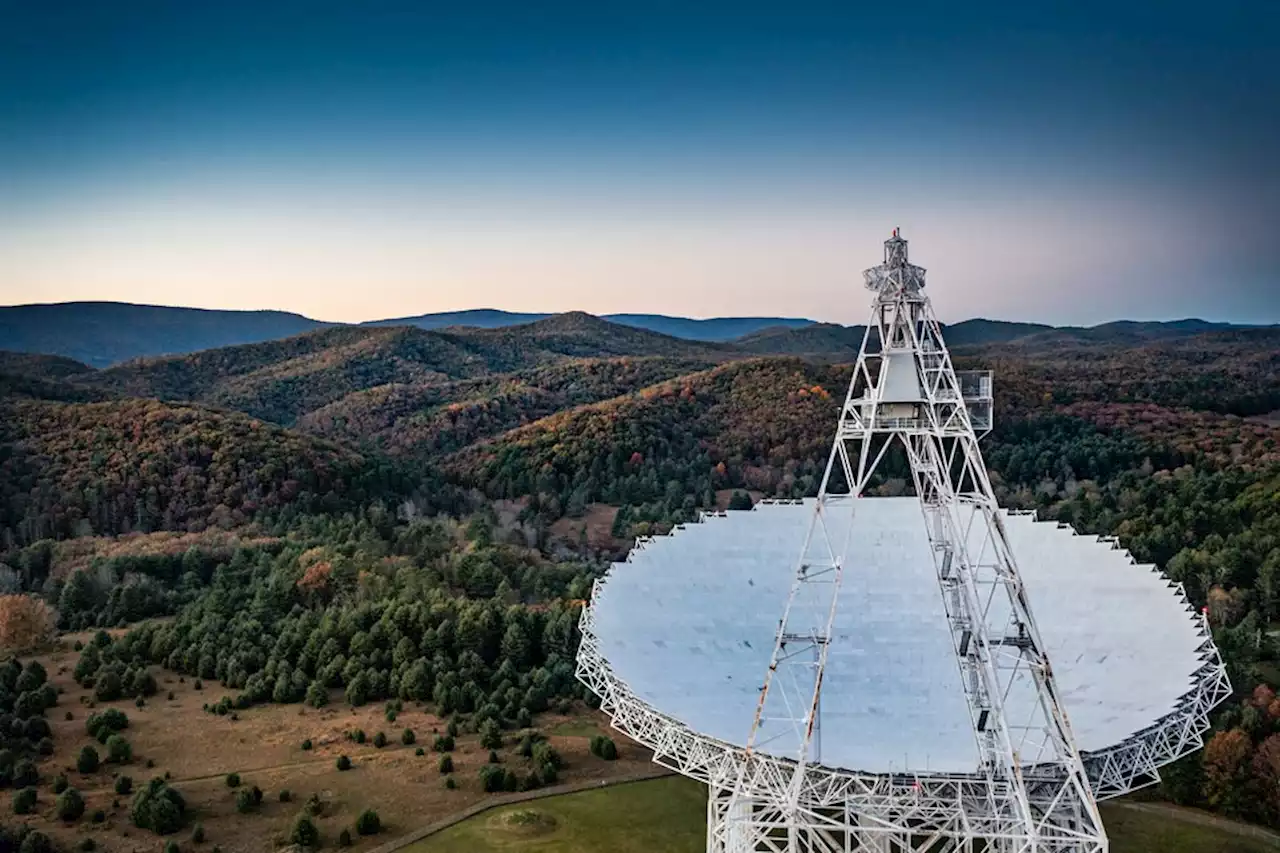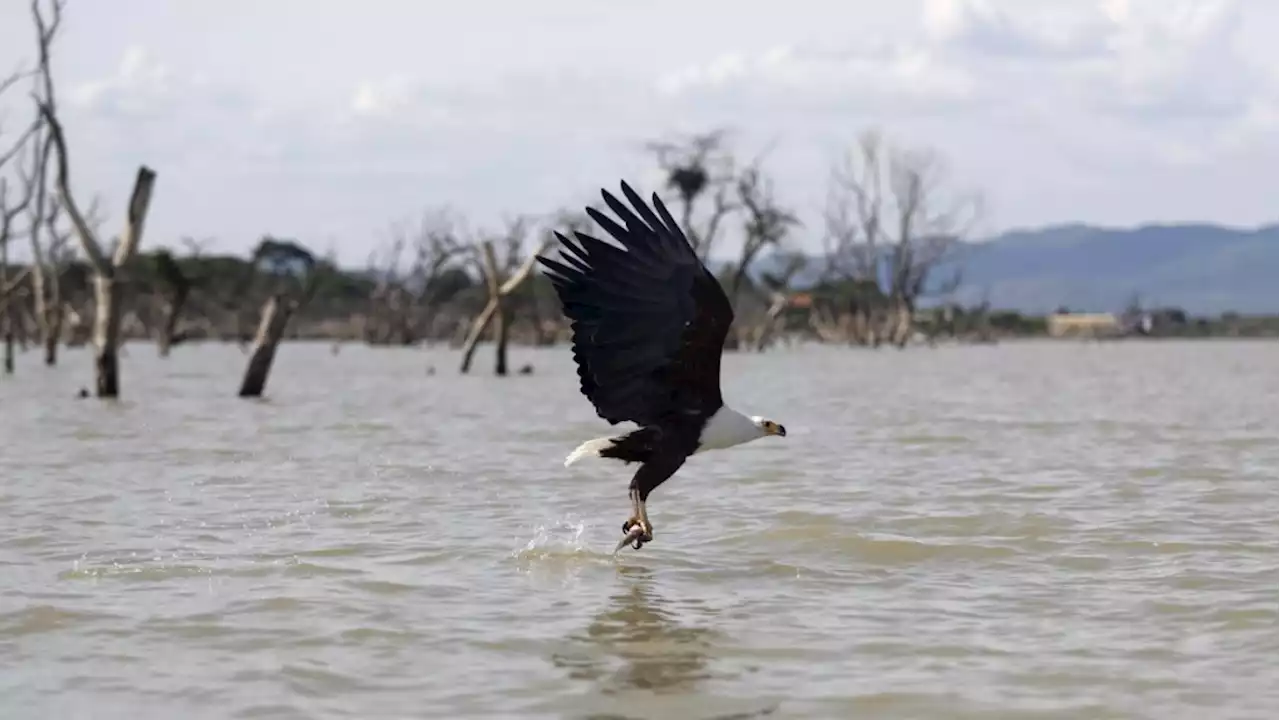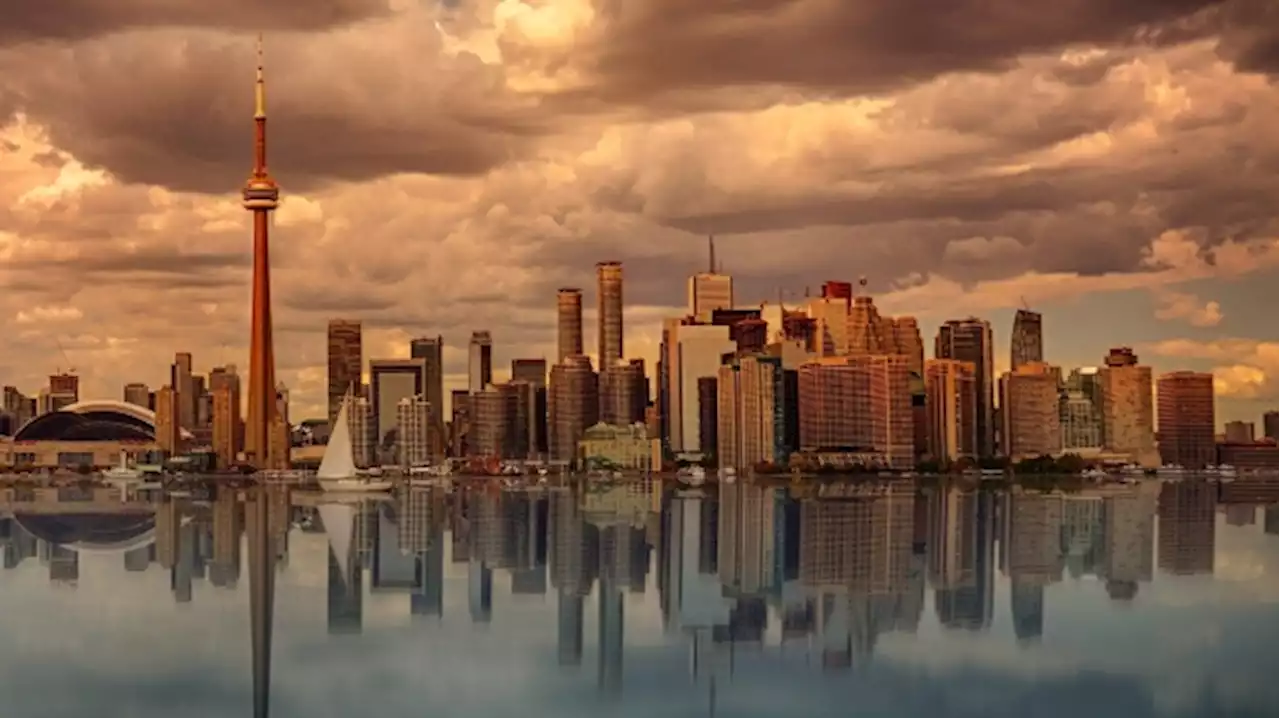It was a smell that invoked a memory. Both for Emily Kuchlbauer in North Carolina and Ryan Bomba in Chicago. It was smoke from wildfires, the odor of an increasingly hot and occasionally on-fire world.
Kuchlbauer had flashbacks to the surprise of soot coating her car three years ago when she was a recent college graduate in San Diego. Bomba had deja vu from San Francisco, where the air was so thick with smoke people had to mask up. They figured they left wildfire worries behind in California, but a Canada that's burning from sea to warming sea brought one of the more visceral effects of climate change home to places that once seemed immune.
“Is this a new normal? No, it’s a new abnormal,” University of Pennsylvania climate scientist Michael Mann said. “It continues to get worse. If we continue to warm the planet, we don’t settle into some new state. It’s an ever-moving baseline of worse and worse.” Fires in North America are generally getting worse, burning more land. Even before July, traditionally the busiest fire month for the country, Canada has set a record for most area burned with 31,432 square miles , which is nearly 15% higher than the old record.
“It makes you think about climate change and also how it essentially could affect, you know, anywhere,” Bhatia said. “It’s not just the California problem or Australia problem. It’s kind of an everywhere problem.” If the Canadian east is burning, that means eventually, and probably sooner than researchers thought, eastern U.S. states will also, Flannigan said. He and Williams pointed to devastating fires in Gatlinburg, Tennessee, that killed 14 people in 2016 during a brief drought in the East.
The warmer the Arctic gets and the more snow and ice melt there — the Arctic is warming three times faster than the rest of Earth — the differences in the summer between Arctic and mid-latitudes get smaller. That allows the jet stream of air high above the ground to meander and get stuck, prolonging bouts of bad weather, Mann and Francis said. Other scientists say they are waiting for more evidence on the impact of bouts of stuck weather.
One study that looked at a dozen years of wildfire smoke exposure in Washington state showed a 1% all-ages increase in the odds of non-traumatic death the same day as the smoke hit the area and 2% for the day after. Risk of respiratory deaths jumped 14% and even more, 35%, for adults ages 45 to 64.
Ireland Latest News, Ireland Headlines
Similar News:You can also read news stories similar to this one that we have collected from other news sources.
 B.C. scientists help discover space-time distortions that could test Einstein's theory of relativityB.C. scientists are among 190 researchers who have discovered the first evidence of low-frequency gravitational waves, a phenomenon that stretches and squishes space-time.
B.C. scientists help discover space-time distortions that could test Einstein's theory of relativityB.C. scientists are among 190 researchers who have discovered the first evidence of low-frequency gravitational waves, a phenomenon that stretches and squishes space-time.
Read more »
 Probe under way into firing of infectious disease scientists at top-secret Winnipeg labSpecial committee will have unfettered access to national-security documents related to the firing of two scientists from the National Microbiology Laboratory in 2021
Probe under way into firing of infectious disease scientists at top-secret Winnipeg labSpecial committee will have unfettered access to national-security documents related to the firing of two scientists from the National Microbiology Laboratory in 2021
Read more »
 Raptors president Masai Ujiri, actor Dan Levy among 85 new Order of Canada appointeesOthers recognized for service, merit to Canada include scientists, academics, musicians, artists and philanthropists
Raptors president Masai Ujiri, actor Dan Levy among 85 new Order of Canada appointeesOthers recognized for service, merit to Canada include scientists, academics, musicians, artists and philanthropists
Read more »
 Climate event El Niño could hit the economy from food prices to clothing sales this yearScientists at the U.S. National Oceanic and Atmospheric Administration (NOAA) confirmed that the climate event known as El Niño has officially emerged for the first time in more than four years, and it’s expected to be strong this time around.
Climate event El Niño could hit the economy from food prices to clothing sales this yearScientists at the U.S. National Oceanic and Atmospheric Administration (NOAA) confirmed that the climate event known as El Niño has officially emerged for the first time in more than four years, and it’s expected to be strong this time around.
Read more »
 Climate policies and fossil fuel: Clean fuel regulations and carbon pricing explainedYour questions, answered.
Climate policies and fossil fuel: Clean fuel regulations and carbon pricing explainedYour questions, answered.
Read more »
 Pair of new federal climate policies draw anger from Atlantic premiersOn Saturday, the four provinces will move to the federal carbon\u002Dpricing system, creating a double cost whammy for consumers at the gas pump
Pair of new federal climate policies draw anger from Atlantic premiersOn Saturday, the four provinces will move to the federal carbon\u002Dpricing system, creating a double cost whammy for consumers at the gas pump
Read more »
